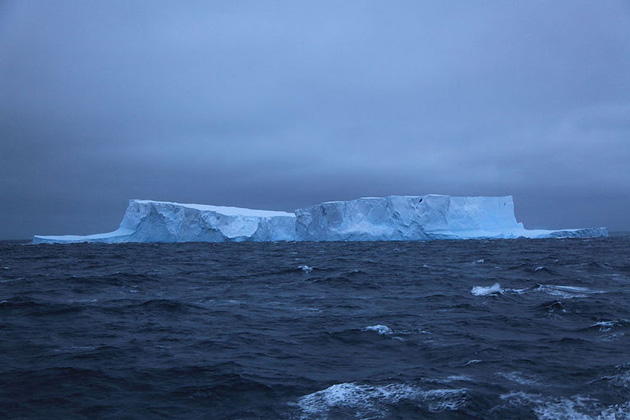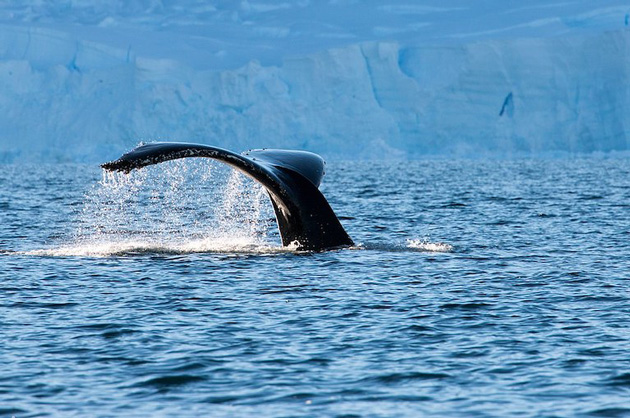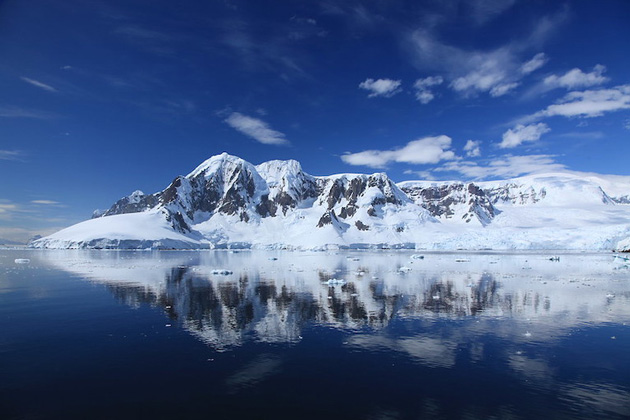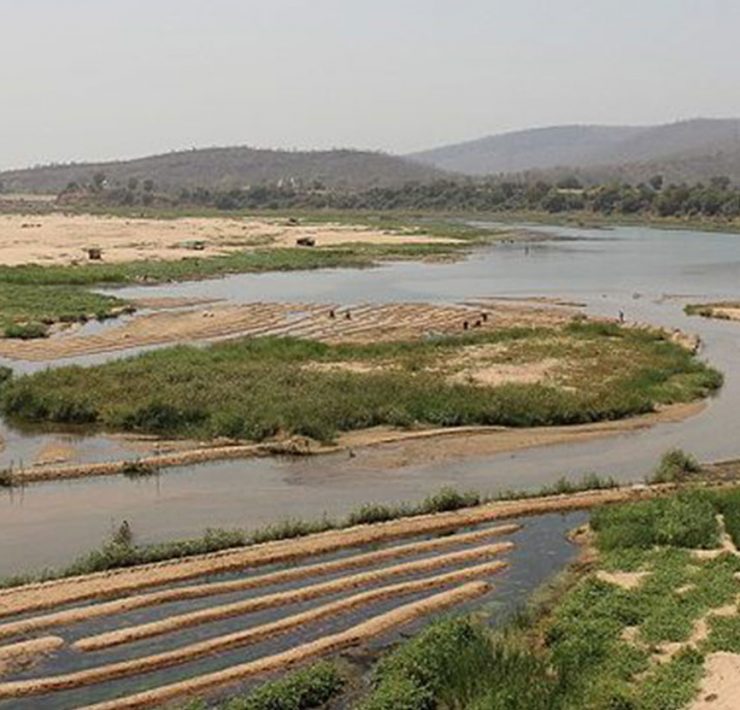Frustration as Antarctic conservation summit fails to declare marine sanctuaries

- A proposition to establish three new marine protected areas (MPAs) in East Antarctica, the Antarctic Peninsula and the Weddell Sea was not approved at a recent meeting of the Commission for the Conservation of Antarctic Marine Living Resources (CCAMLR), which was held online in the last week of October.
- Conservation experts who attended the meeting reported there was limited time for negotiations, and that discussions focused more on fishing renewal authorizations and the issue of a Russian vessel suspected of illegally fishing, rather than the MPA designations and climate change action.
- On the other hand, many delegates signed a pledge of support for the formation of the three MPAs, and the Weddel Sea MPA and East Antarctica MPA gained new co-sponsors.
The Commission for the Conservation of Antarctic Marine Living Resources (CCAMLR), a governing body of 25 member states and the European Union, missed an opportunity to establish a network of three marine protection areas (MPAs) in the Southern Ocean, according to conservation experts who attended the commission’s recent meeting.
Each year, the CCAMLR meets in Hobart, Tasmania, to discuss matters related to the management and protection of the Southern Ocean and its rich marine life. Conservationists hoped that this year’s meeting would address a proposition to form three new MPAs in East Antarctica, the Antarctic Peninsula, and the Weddell Sea, and that CCAMLR members would reach a consensus to bring these plans into fruition. But due to the COVID-19 pandemic, the commission met online instead of in-person during the last week of October, which didn’t provide ample time for proper negotiations and discussions, according to attendees. By the meeting’s end, the MPA proposals had not been approved.
Rodolfo Werner, a wildlife conservationist who attended the CCAMLR as an official observer and scientific representative of the Antarctic and Southern Ocean Coalition (ASOC), said this year’s meeting was “frustrating for several reasons.”

“While it is positive that the meeting took place, albeit virtually, the meeting’s agenda was very limited, and important issues such as the impact of climate change were not addressed, nor were new marine protected areas (MPAs) established,” Werner told Mongabay in an email. “The latter [was] particularly frustrating given that the proposals to establish these MPAs have already been discussed in previous years and are based on the best available science.”
This year’s discussions mainly focused on the renewal of fishing authorizations, according to Werner. He said “CCAMLR’s mandate includes protecting Antarctic wildlife and designating large marine protected areas that contribute to the resilience of the marine ecosystem to climate change,” but that “[w]ithout a doubt, the emphasis in discussions focused on fishing activity casts doubt on CCAMLR’s international credibility.”
Another topic of discussion was the fate of a Russian vessel, the F/V Palmer, which is suspected of illegally fishing for Patagonian toothfish (Dissostichus eleginoides) in the Ross Sea, based on aerial surveillance evidence presented by the New Zealand government. The CCAMLR keeps a running list of vessels that are suspected or confirmed to be engaging in illegal, unregulated and unreported (IUU) fishing, but delegates did not agree to add the F/V Palmer to the list.
“Unfortunately, this vessel will be allowed to continue to fish this season, without any consequence,” Andrea Kavanagh of Pew Charitable Trusts, who also attended this year’s CCAMLR meetings as an ASOC representative, told Mongabay in an email. “To date, CCAMLR has been a leader in combatting IUU fishing but that position took a sharp blow this year. When a country can successfully block itself from getting placed on the IUU vessel list the system is broken.”

Conservationists say they are also discouraged with the CCMLAR’s inaction on protecting the Pine Island Glacier region, which holds enough ice to raise global sea levels by 1.2 meters (4 feet), and is rapidly losing ice in response to climate change.
“The UK put up a proposal a few years ago to freeze any fishing in any area that experienced a calving event (of more than 15% of its size) so that it could be studied by scientists,” Kavanagh said. “Pine Island glacier was the first to go into the automatic closure, but it had to move to a second stage after two years and China blocked it moving to stage two on the grounds that not enough data had been gathered yet. So now that area will be completely unprotected by May of 2021.”
But conservationists say there were also some positive results from the meeting. For instance, a majority of delegations signed a pledge to support the establishment of the MPAs. Australia and Uruguay joined as new co-sponsors for the Weddell Sea MPA, joining the EU, Germany and Norway. Likewise, Norway and Uruguay became new co-sponsors of the East Antarctica MPA, joining the EU, France and Australia.
“The active participation of Uruguay is excellent news that leads to reinforcing the work of the countries of the Latin American region, such as Argentina and Chile, in promoting the creation of new marine protected areas in Antarctica,” Werner said. “Something to celebrate.”

Together, the three MPAs would span 4 million square kilometers (1.5 million square miles) of the Southern Ocean, constituting about 1% of the global ocean. If these MPAs are eventually established, the world would inch closer toward the goal of protecting 10% of the oceans, a key target for ocean protection as set out by United Nations Sustainable Development Goal 14 and the Convention on Biological Diversity’s Aichi Target 11. Right now, only about 5% of the world’s oceans are fully protected with MPAs, according to the Marine Conservation Institute.
The intended MPAs would also help protect Antarctic krill (Euphausia superba) and Patagonian toothfish, species that are heavily fished in the Southern Ocean and which are being adversely affected by climate change, experts say.
Next year, the CCAMLR’s 40th meeting will take place, coinciding with the 60th anniversary of the Antarctic Treaty going into effect. While anticipating diplomatic obstacles ahead, conservationists say they are hopeful the MPAs will be approved at the 2021 meeting.
“2021 would be a very important year,” Werner said. “[A]ll members, and stakeholders (including the NGOs) will work very hard to put great pressure on China and Russia (which are the blocking members) to get the MPAs in place.”
This article first appeared on Mongabay.







